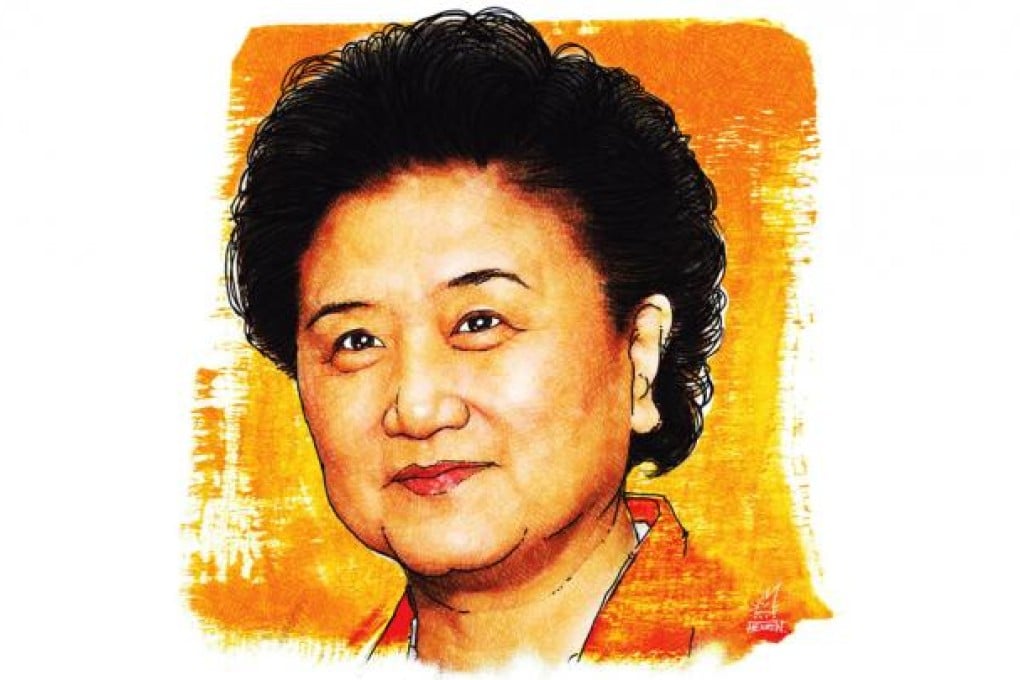Breaking the glass ceiling in the Politburo Standing Committee
State councillor Liu Yandong may redefine China's political image if she becomes the Politburo Standing Committee's first woman member

The number of woman politicians who have shaped the nation can be counted on one hand. It's one of the smallest elite clubs in the world, but Liu Yandong may soon crack its doors slightly wider open.

And depending on how she performs in the role - if she gets it - China could redefine its political image away from the dour technocrats and grim generals that traditionally make up its ruling cognoscenti.
Unlike many of the central leadership's top members, Liu displays an easy charm, having a knack for photo opportunities - holding hands with scientists at the South Pole or visiting athletes Yao Ming and Liu Xiang while they were injured.
In July, when Yi Siling took the London Olympics' first gold in the women's 10-metre air rifle competition, Liu sent out a congratulatory message. She also sent a congratulatory telegram almost immediately after tennis player Li Na won the French Open last year. In May, she also made headlines kissing the arm of teacher Zhang Lili, 32, who lost her legs after saving children from oncoming traffic in Harbin, telling her: "You may call me big sister now."
Liu has ties to President Hu Jintao going back to when they both served in his power base, the China Youth League. She rose to prominence through the influential United Front Work Department, which builds alliances with key groups and people not members of the party. At the 17th party congress in 2007, she was made a Politburo member, in charge of health, education, science and sports, and appointed a state councillor the following year.